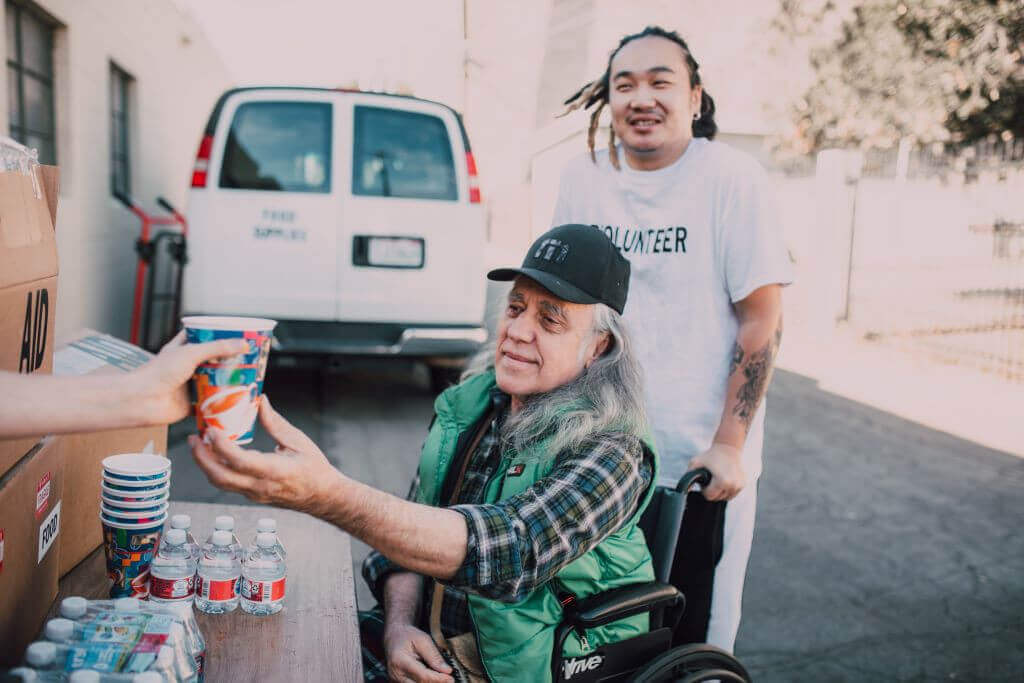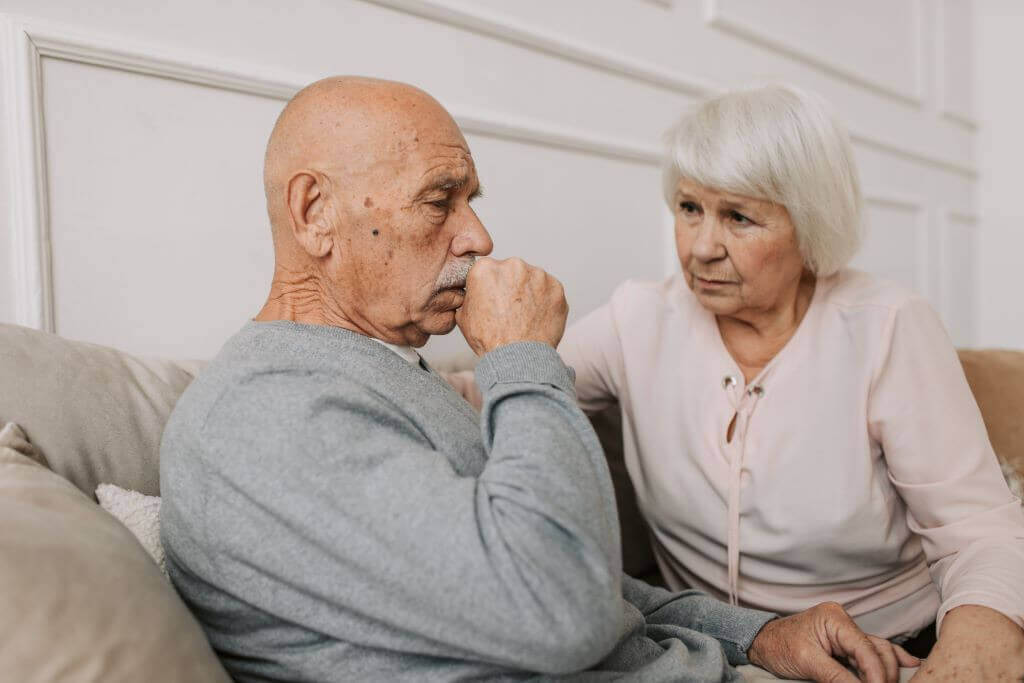Modern medicine is amazing. In the last century, we’ve witnessed remarkable advancements in medical technology, including life-changing drugs that have increased US life expectancy, according to a FamilySearch Blog, from around 54 years in 1920 to just under 80 years. These pharmaceutical breakthroughs have also significantly enhanced our overall quality of life. Two stand-out drugs that have indisputably changed lives are antibiotics and antiretrovirals. Bacterial infections are now cleared up in as little as five days, while antiretroviral therapy has converted the once-deadly HIV/AIDS epidemic into a manageable chronic condition.
However, amid the triumphs of modern medicine, we’ve spawned a new demon: the overreliance on medication as a panacea for all health woes. As a society, we expect drugs to remedy everything, even the consequences of our lifestyle choices and unhealthy habits. The emerging issue of overmedication poses significant risks to physical and mental well-being, as well as the overall quality of life for patients.
Understanding Overmedication
Overmedication refers to the excessive or unnecessary use of medications, leading to potential harm or adverse effects on the patient's health. The prevalence of overmedication is a growing concern, often arising from factors such as multiple healthcare providers prescribing medications independently or miscommunication between doctors, patients and caregivers. Caregivers should be aware of the signs of overmedication as they play a vital role in promptly identifying and addressing this issue.
Overmedication has serious health risks. To put it in perspective, a report published by the Centers for Disease Control and Prevention estimates that Adverse Drug Events cause 1.3 million emergency room visits yearly. That’s one every 24 seconds. Physically, overmedication can lead to adverse drug interactions or reactions and even organ damage. Mentally, it may cause confusion and memory problems or worsen existing psychiatric conditions.
Beyond the direct health risks, overmedication can negatively impact the patient's quality of life, affecting their independence and ability to engage in daily activities. Common symptoms of overmedication include dizziness, fatigue, unexplained changes in behavior or mood, frequent falls, or memory issues.
The Role of Caregivers in Medication Management
Caregivers often spend the most time with the patient, making them the first line of defense in identifying any warning signs. Understanding the medications their loved ones are taking may enable caregivers to monitor for potential side effects and drug interactions. At the very least, it will ensure proper administration. Online courses, workshops or support groups can provide valuable insights into medication management techniques.
Open and effective communication between caregivers, doctors and patients is necessary to avoid misunderstanding and to reduce the risk of overmedication. Caregivers should actively participate in medical appointments, sharing important information about the patient's condition, medications, and any observed changes. They should also engage in open conversations with their loved ones, discussing medication schedules, potential side effects, and any patient concerns.
Strategies to Prevent Overmedication
Arrange periodic medication reviews for your patient to ensure that all the drugs are still relevant, dosages are correct and that any interactions or side effects are adequately followed up. When attending these reviews, remember to include all medications, even over-the-counter products and supplements, to ensure that every possible risk is covered.
Consider using non-pharmacological interventions to reduce reliance on medication. Examples include physical therapy, cognitive-behavioral therapy, relaxation techniques, or lifestyle modifications. For instance, regular exercise may lower blood sugar levels, potentially reducing the need for diabetes medication.
Following safe medication practices will help to reduce the risk of overmedication. Caregivers should follow medication administration instructions carefully, including dosage and timing. It’s also important to store medications correctly to maintain their efficacy. Caregivers should regularly monitor medication supplies and refill prescriptions on time to avoid lapses in treatment.
Managing Medication Side Effects
Most medications come with a range of side effects that may affect each patient differently or not at all. Caregivers can help in recognizing and managing them by understanding the common side effects of the medications and looking out for any behavioral changes or other signs. You should never hesitate to consult a healthcare professional about any concerns. Promptly flagging potential side effects ensures that appropriate adjustments can be made to the medication regimen in a timely manner.
Lifestyle modifications may also assist in reducing medication side effects. Healthcare professionals should be able to identify lifestyle changes that complement the medication regimen. This may include dietary adjustments, regular exercise, stress reduction techniques, or improving sleep patterns.
If a medication is found to cause side effects, it is often possible to switch to an alternative with fewer side effects. However, changes to medication should always be made under the guidance and supervision of qualified healthcare providers. Their expertise ensures that the new drug is appropriate for the patient's condition and minimizes the risk of adverse reactions.
Monitoring and Documentation
Regular monitoring of vital health parameters such as blood pressure, heart rate, blood sugar levels, and weight can provide early warning of any developing issues. Keeping track of these numbers can also ensure that medications are doing what they’re made for. Where possible, use wearable health devices or mobile apps as they simplify health monitoring and provide valuable data to healthcare professionals for better treatment decisions.
A medication log helps to stay on top of the patient's medication schedule and dosages and would help to link any observed side effects or changes in health condition to the medication responsible for them. The records can also provide a helpful reference for healthcare professionals during medication reviews and can facilitate accurate treatment plan adjustments.
Emphasizing Holistic Care
Holistic care involves integrating complementary therapies with conventional medicine to achieve optimal health outcomes. Explore options like acupuncture, massage therapy, yoga, or mindfulness practices, which may help reduce the reliance on medications. However, always consult a healthcare professional before incorporating complementary therapies to ensure they complement the overall treatment plan and do not interfere with existing drugs.
Holistic care also includes proper nutrition to support overall health and the effectiveness of medications. Aging causes changes in the body that upset certain metabolic processes and create deficiencies that may require alternative therapies. For expert advice and a comprehensive range of proven nutritional products, look no further than LL Medico. With more than 25 years of experience in care supplies for seniors, vitamin and mineral supplements and the like, we can take a load off your mind.
Wrapping up
When your caregiving responsibilities start feeling overwhelming, remember that you’re making an immeasurable difference in someone's life. Your dedication, compassion, and unwavering support provide a lifeline to someone in need and help to keep them safe from the risks of overmedication. Remember also you’re not alone on this journey; get help and guidance from support groups and fellow caregivers. Embrace the journey; in the words of Carson McCullers, “The closest thing to being cared for is to care for someone else."






 855-422-4556
855-422-4556 Chat
Chat E-Mail
E-Mail Monday - Friday 9:00AM to 5:00PM EST
Monday - Friday 9:00AM to 5:00PM EST






 Shopping With LL Medico
Shopping With LL Medico



 855-422-4556
855-422-4556